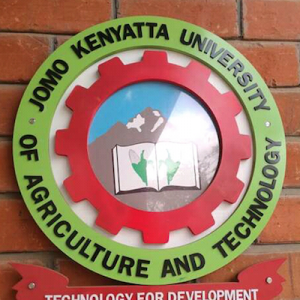

Workshop and Symposium on Capacity Building for National Sustainable Development in Kenya
May 30th, 2018This workshop aims to establish and promote scientific capacity building in African countries through training and mentorship of young scientists and students by leading scientists to establish a platform for collaboration and networking among scientists/researchers/academia/government agencies and students.
...Read Full Story
PLOS Medicine Call For Papers
November 20th, 2017PLOS Medicine, together with the guest editors, invites high quality submissions covering all aspects of policy relevant climate change-related health outcomes. The deadline for submissions is February 2, 2018.
...Read Full Story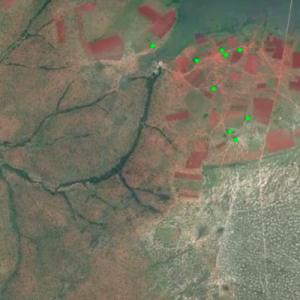
Tackling Sleeping Sickness in Maasai Communities
August 4th, 2017A powerful new mapping tool has been developed to help rural Tanzanians reduce their exposure to tsetse flies and the deadly disease they carry. Using this platform, members of the Maasai community will be able to identify grazing and drinking areas free from populations of infected tsetse flies. This is especially critical during the dry season, when drinking holes are scarce. The fly data will also help authorities target where to spray insecticides to control the population of these biting insects.
...Read Full Story
New Model Helps in Fight Against Deadly Parasitic Disease
July 31st, 2017IRI scientists and colleagues from South Africa are using satellites to detect seasonal water bodies that harbour schistosomiasis, the deadliest of the tropical neglected diseases. They have developed a new model based on data from satellites that helps identify areas likely to contain species of freshwater snails that serve as host to Schistosoma larvae.
...Read Full Story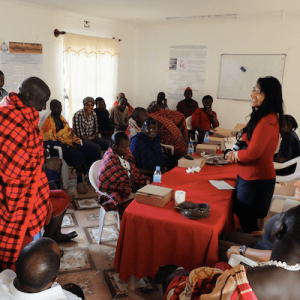
Climate change research findings provided for policy discussions in Africa
July 4th, 2017New TDR-supported research on climate change impact has produced evidence on how to increase resilience to diseases like malaria and schistosomiasis in 7 African countries. The results of this project have been summarized in policy briefs that are being used for further discussion and planning.
...Read Full Story
Release of Health and Climate Colloquium Report
February 24th, 2017In June 2016, the International Research Institute for Climate and Society and the Mailman School of Public Health, both of Columbia University, hosted the Health and Climate Colloquium 2016. The PIs from the TDR IDRC research initiative on vector-borne diseases under conditions of climate change attended the event, where they presented their findings and met with other climate and health specialists. A multimedia colloquium report has now been produced. This includes videos of interviews, lectures and panels, as well as powerpoint presentations and talk summaries.
...Read Full Story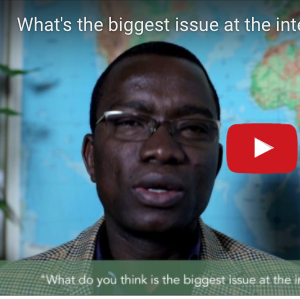
What do you think is the biggest issue at the intersection of climate and health?
February 24th, 2017During the Climate and Health Colloquium in June 2016, hosted by the International Research Institute for Climate and Society and the Mailman School of Public Health, both of Columbia University, video interviews were held with participants. Members of the TDR IDRC Research Initiative were featured in a number of these videos, including one posing the question What do you think is the biggest issue at the intersection of climate and health?
...Read Full Story
Research Uptake Meeting to be held in Brazzaville, Republic of Congo
February 10th, 2017To facilitate sharing the key findings from the TDR-IDRC Research Initiative on Vector Borne Diseases in the Context of Climate Change, WHO TDR is jointly organising a three-day Research Uptake Meeting with WHO AFRO. This will take place at the end of April at the WHO Regional Office in Africa, Brazzaville, in the Republic of Congo. The Research Uptake Meeting aims to facilitate the use of research evidence by policymakers, practitioners and other partners.
...Read Full Story
Climate change and health research profiled at international conference
August 25th, 2016A symposium on climate change and health in Africa is being held on 3 September in Rome at this year's Conference of the International Society for Environmental Epidemiology. TDR's Bernadette Ramirez is co-chairing this event that covers challenges with water-borne and vector-borne diseases.
...Read Full Story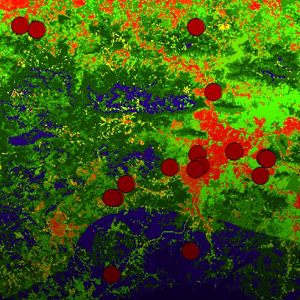
Climate information for improving health outcomes
May 27th, 2016Health practitioners, researchers and policy-makers are coming together to review how climate information can be used to improve control of infectious diseases, nutrition and meteorological disasters. The 2016 Health and Climate Colloquium is being held at the Lamont Campus of Columbia University in New York 8-10 June, and is open to all via live web streaming.
...Read Full Story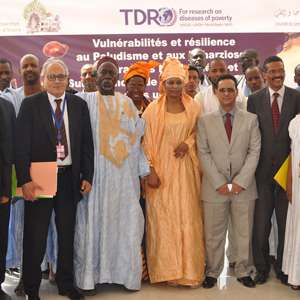
Project E holds community feedback meeting in Nouakchott, Mauritania
April 26th, 2016On the 21st to the 22nd of April, TDR/IDRC Project E held a community feedback meeting in Nouakchott, Mauritania. A number of stakeholders attended the meeting. Attendees included the mayor of Kaedi, Dr Jean Pierre Baptiste (WHO Representative), the General Secretary of the Ministry of Higher Education and Research, the General Secretary of the Ministry of Health, the President of the University of Nouakchott, the Prefect of Kaedi, researchers from the project and the Co-PI of the project in Mauritania.
...Read Full Story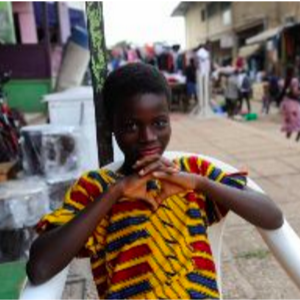
World Malaria Day special feature: Reducing the vulnerabilities to malaria due to climate change
April 25th, 2016World Malaria Day special feature: Climate changes are making many communities in Africa more vulnerable to malaria. New research is finding community-based solutions by merging the studies of mosquitoes, water, temperatures, land management and social sciences.
...Read Full Story
TDR climate change research profiled at Earth Event Symposium
April 21st, 2016Video presentations of TDR's climate change research will be profiled at an event on air, climate and the environment called Atmospheres. The U.S. conference is part of an effort to stimulate conversations and collaborations across the natural and social sciences, humanities and the arts.
...Read Full Story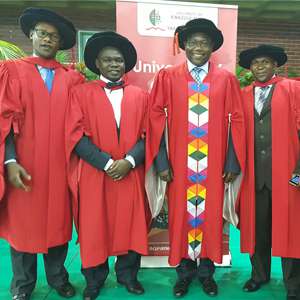
Three students from Project A graduate with their PhDs
April 15th, 2016On 14 April 2016, three students from Project A, the Malaria and Bilharzia in Southern Africa (MABISA) project, graduated with their PhDs in Public Health from the University of KwaZulu-Natal (UKZN), South Africa.
...Read Full Story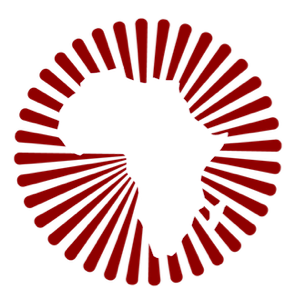
Upcoming workshop: Global change impact on diseases and alien species expansion workshop
March 31st, 2016The Global change impact on diseases and alien species expansion workshop will take place at the African Institute for Mathematical Sciences (AIMS), in Cape Town, South Africa, from 2-6 May 2016. Co-organized by over 10 scientific bodies, this interdisciplinary capacity building workshop will focus on infectious diseases and invasive species in the context of climate change.
...Read Full Story
Symposium on Climate Change and Health in Africa at the 28th Annual ISEE Conference
March 16th, 2016The 28th Annual International Society for Environmental Epidemiology (ISEE) Conference will be held in Rome, Italy, from 1-4 September 2016. At the ISEE conference, members from the WHO-TDR research projects have organised and will be contributing to a symposium on Climate change and Health in Africa: challenges with water-related and vector-borne diseases.
...Read Full Story
Recent WHO Publication: Lessons learned on health adaptation to climate variability and change
February 25th, 2016This news item aims to share a particularly relevant recent publication from WHO, Lessons learned on health adaptation to climate variability and change (experiences across low and middle income countries) by Kristie Ebi and Mariam Otmani del Barrio. This report looks closely at health adaptation projects with the goal of identifying lessons learned and good practice examples, as well as the potential for scaling up projects and any key barriers and challenges to scaling up.
...Read Full Story
Preventing malaria and schistosomiasis due to climate change in Côte d'Ivoire
December 10th, 2015Climate changes are making Côte d'Ivoire more vulnerable to malaria and schistosomiasis. New research is finding community-based solutions by merging the studies of mosquitoes, water, temperatures, land management and social sciences.
...Read Full Story
New video from Côte d'Ivoire
December 9th, 2015Coinciding with the Conference of the Parties in Paris (COP21), Research group E, conducting research on Vulnerability and resilience to malaria and schistosomiasis in the northern and southern fringes of the Sahelian belt in the context of climate change, released a video highlighting their work in Côte d'Ivoire.
...Read Full Story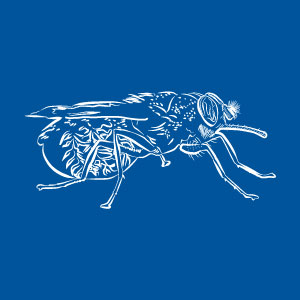
New video from Tanzania
December 2nd, 2015An informative new video has been released by Project C, headed by Professor Paul Gwakisa, on the research they are conducting in Tanzania. The release of this video coincides with the Conference of the Parties currently underway in Paris (COP21).
...Read Full Story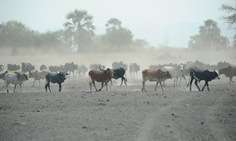
Climate change research to prevent sleeping sickness outbreaks in Tanzania
December 1st, 2015An innovative research approach is underway in Tanzania that may help communities adapt to the devastating effects of climate change. Unexpected weather patterns, such as increasing temperatures, late rainfall onset and droughts are affecting livelihoods, food security and health.
...Read Full Story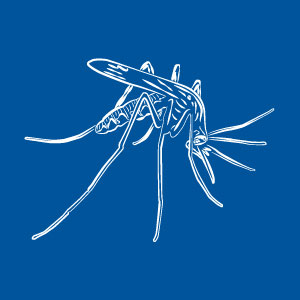
Research on climate change integrates multiple disciplines
July 20th, 2015Work to identify ways that African countries can prepare for the impacts of environmental and climate change is creating new approaches that bring multiple disciplines together. Researchers in geoinformatics, meteorology, entomology and infectious diseases came together recently in Geneva to review progress of a major project helping communities build resilience against diseases like malaria and schistosomiasis.
...Read Full Story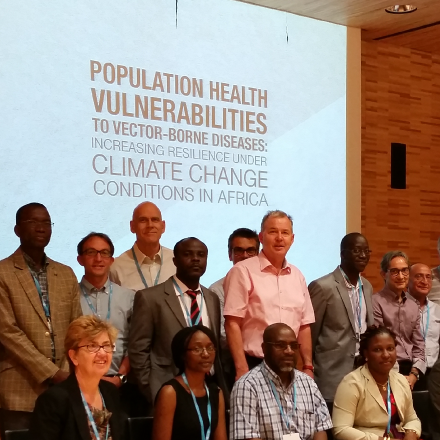
TDR hosts Scientific Forum and Capacity Building Workshop
July 10th, 2015TDR is hosting a Scientific Forum and Capacity Building Workshop in Geneva from 14-16 July 2015. The Scientific Forum is organised in collaboration with the International Development Research Centre - Canada (IDRC) and Centre Suisse de Recherche Scientifiques in Ivory Coast. The Capacity Building Workshop is hosted in collaboration with the IDRC. The Forum and Workshop are part of the TDR/IDRC research initiative on Population Health Vulnerabilities to Vector-Borne Diseases.
...Read Full Story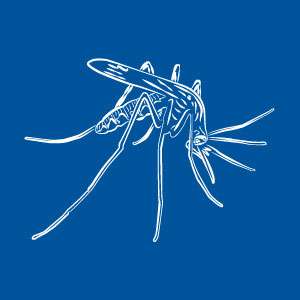
Launch of the VBD-Env.org website
July 6th, 2015WHO/TDR is launching a new site on the programme "Population Health Vulnerabilities to Vector-Borne Diseases: Increasing Resilience Under Climate Change Conditions in Africa". This is a joint TDR/IDRC initative. The new website will complement the private community platform that is currently supporting work on the project. The soft launch takes place in Geneva in mid-July at a meeting that brings together programme participants from across Africa.

Student Mutegeki finishes study on malaria knowledge
July 2nd, 2015One of the students from Project A, Ezra Mutegeki, has just completed his knowledge, attitudes and practices studies. His focus was on malaria and he was working with women in a South African village. The study examined what women living in the Mgedula Village of Jozini in the uMkhanyakude District know about malaria as well as their attitudes and behaviours related to the disease.
...Read Full Story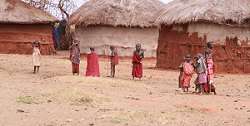
The impact of changing climate on vector-borne diseases
August 4th, 2014East of Eldoret, along the Rift Valley in Kenya, is Baringo county, a dryland area where slight changes in climate exacerbate poverty. Poor communities reliant on crops and livestock can see their livelihoods and food security wrecked by unexpected weather patterns. Rains may increase the numbers of mosquitoes that carry malaria and increase the incidence of Rift Valley fever that can make both people and cattle very sick.
...Read Full Story
Grantees announced for research on impact of climate change on vector-borne diseases in Africa
July 17th, 2013Five research projects have been approved for funding to contribute to reducing health vulnerabilities and increasing resilience against vector-borne disease risks under climate change conditions in Africa. Climate change is adding new pressures throughout the continent on populations already suffering from poverty, food insecurity, ecological and social vulnerabilities. The research programme is taking a multi-pronged approach to explore how to improve disease control strategies and tools, and increase the capacity to generate, interpret, and use new knowledge to inform policies and practices.
...Read Full Story
Second round of selection underway for new grant on climate change in Africa
October 26th, 2012More than 70 applications representing 24 countries throughout the African continent were received at TDR for the new grant on climate change in Africa. Ten teams have been selected to participate in a proposal development workshop, to be held in Accra, Ghana, from 5-7 November 2012. From this, up to 8 teams will be identified and funded for 3 years.
...Read Full Story
New climate change research: Investigating the impact on people living in African drylands
July 10th, 2012A major new research programme has begun in TDR to understand the impact of climate change in sub-Saharan Africa on people’s vulnerability to diseases carried by mosquitoes, flies and snails, such as malaria, leishmaniasis and schistosomiasis. With support from the International Development Research Center (IDRC), Canada, $6.8 million will be spent to identify those who are the most vulnerable to social, environmental and climate change, and to develop tools and strategies for adaptation to climate change in Africa.
...Read Full Story